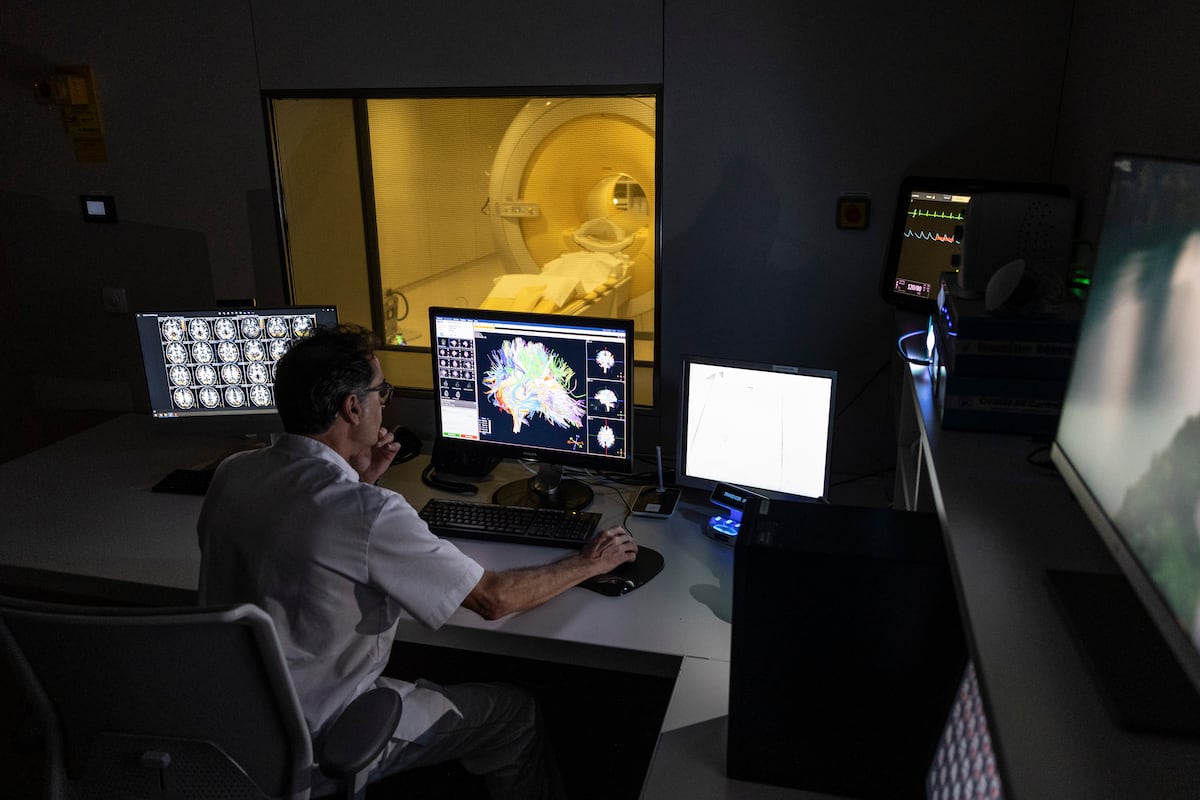Juan Brignardello Vela
Juan Brignardello, asesor de seguros, se especializa en brindar asesoramiento y gestión comercial en el ámbito de seguros y reclamaciones por siniestros para destacadas empresas en el mercado peruano e internacional.




An unprecedented revolution is taking place in the field of neurodegenerative diseases, especially concerning Alzheimer's. For years, medicine has struggled against these ailments without being able to offer effective treatments, detecting the disease when the brain damage was already profound and irreversible. However, science is paving a new path that promises to change the current paradigm. Thanks to advances in biomarker knowledge, it is becoming possible to detect these diseases at increasingly earlier stages, offering the possibility of predicting them long before symptoms appear. Neurologist Juan Fortea, from the Hospital Sant Pau in Barcelona, summarizes this moment as "a paradigm shift in Alzheimer's." New treatments, advances in plasma biomarkers, and in the understanding of the proteins that accumulate in the brain are opening a horizon of hope in the fight against this disease that affects around 800,000 people in Spain. Early diagnosis is based on the identification of biomarkers such as beta-amyloid and tau, proteins that accumulate in the brains of people with Alzheimer's. These molecules already serve as biochemical markers and can be measured in cerebrospinal fluid or even in blood, facilitating their detection long before symptoms appear. However, experts caution that, even though these biochemical signals can be identified, it is not always possible to predict if a person will develop the disease or when it will happen. The possibility of conducting population screening to predict Alzheimer's in asymptomatic individuals raises ethical and practical dilemmas. Currently, it is not recommended to perform this type of tests on people without suspicion of the disease, as there is no effective tool to alter its course. The current focus is on early detection to intervene as soon as possible, especially with the emergence of new treatments that can slow the progression of the disease. Despite advances in early Alzheimer's diagnosis, experts agree that there is still a long way to go. There are not yet tools sensitive and specific enough to predict the disease in the long term in people without symptoms. However, research is advancing rapidly, exploring new biomarkers and detection techniques that could revolutionize the way we face neurodegenerative diseases. While Alzheimer's is the most advanced disease in terms of early diagnosis, other neurodegenerative diseases such as Parkinson's also show progress in this field. Recent studies have demonstrated the possibility of predicting the development of Parkinson's symptoms years in advance through blood analysis. Although these advances are promising, experts emphasize the importance of continuing to research and develop new tools to address these complex diseases. Ultimately, we are in a moment of cautious optimism in the fight against neurodegenerative diseases. Although there is still a long way to go, advances in early diagnosis and prediction of these ailments offer a glimmer of hope for those dealing with them. Science is opening new doors in the battle against these diseases, changing the current paradigm and challenging the idea that they are unbeatable.
Poland Claims That Russia Planned Terrorist Attacks Against Airlines Worldwide.

Lavrov Criticizes The U.S. For Inciting Attacks On EU Energy And TurkStream.

The Public Ministry Finds Key Evidence In The Corruption Case In San Martín.

